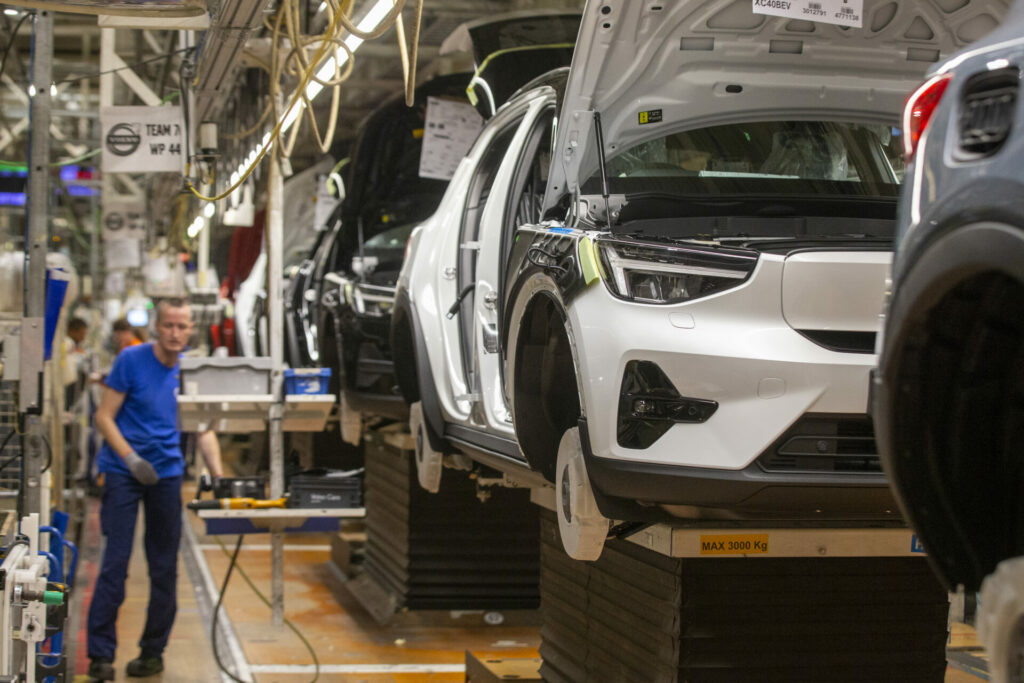Decisions taken in recent years by Federal and Regional Governments have had a major impact on motorists when it comes to buying a new car. The sales of electric vehicles are booming and this trend is set to continue into 2024.
While diesel engines were popular until the mid-2010s, new measures – particularly the introduction of low-emission zones (LEZ) in Antwerp, Ghent and Brussels, and from 2025 in Wallonia – have taken their toll on these types of motors, La Dernière Heure reports.
In Brussels, buying a new car that is not electric is becoming even more difficult as no combustion-powered vehicles will be permitted in the Capital Region after 2030, according to the current timeline.
Diesel has lost its position as the undisputed market leader and currently accounts for just 8.9% of new car registrations in Belgium as a whole. As a result, the Belgian car fleet (of which 63% was diesel-powered in 2014) now comprises just 36% diesel engines.
A major turning point
In 2020, petrol engines were in the majority, up by 50% compared to 2014. But now, they are beginning to stagnate at a time when "green vehicles" are seeing their sales soar.
This has been boosted by the Federal Government's decision in May 2021 to allow 100% tax deductibility for cars that no longer emit greenhouse gases during use after 2026 – a financial windfall that companies have taken full advantage of: 83.8% of all electrified vehicles (hybrid or 100% electric) are registered by companies. This figure rises to 91.5% for full electrics and 92.2% for plug-in hybrids.
Figures show that, meanwhile, private customers still prefer full hybrids (which recharge while driving): 58.8% of this type of motorisation is registered by self-employed people.
Nearly half of all new cars sold – 47.9% from January to November, according to Febiac figures – now have an electric motor (hybrid or 100%).
Related News
- Nearly half of Belgians do not want an electric car
- EU auditors warn that biofuels policy lacks long-term perspective
- Automakers predict that the European car market will remain weak in 2024
The year 2024 should therefore mark a major turning point for the automotive industry in Belgium, Febiac forecasts. For the very first time, electric car registrations should exceed 50% of total sales.
"It is a possibility," said Filip Rylant, spokesperson for Febiac. "There is even every reason to believe that this symbolic threshold will be passed. The year 2024 could well be the year of the electric car."
"However, there are still some uncertainties for consumers. Particularly regarding the engine they choose," Rylant said. "If they opt overwhelmingly for combustion engines, particularly in the south of the country, the trend towards electric cars could be reversed nationwide."

